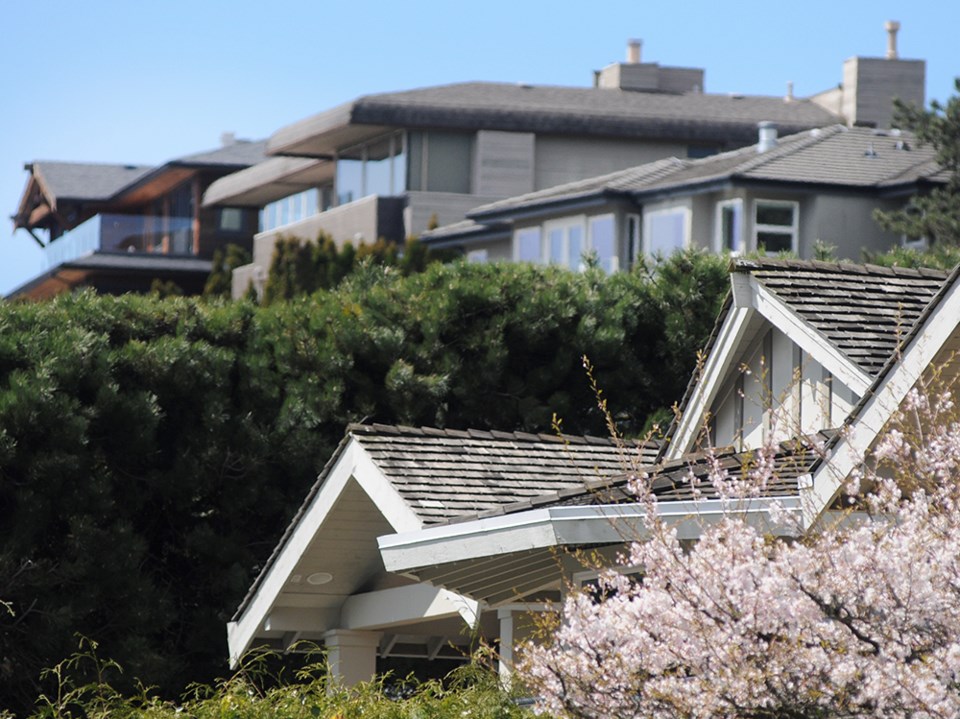With the two-year ban on foreign buyers of residential real estate announced in the recent federal budget, Ottawa has firmly closed the barn door after the horse has bolted.
It’s a populist idea that will likely be welcomed in some quarters. It’s also about a decade too late to make a difference, at least where the local real estate market is concerned.
At one point, about seven to 10 years ago, foreign buyers were indeed a significant factor in local real estate, making up an estimated 70 per cent of buyers at the high end of the market. Conveniently, at that time, governments didn’t track such statistics, while at the same time raking in huge amounts of property transfer tax.
But those in the know still knew.
Going back to 2016, foreign buyers made up 24 per cent of West Vancouver real estate purchasers in the weeks leading up to the introduction of the foreign buyers tax. They also forked out significantly more per transaction than local buyers. The new foreign buyer rules won’t touch that capital, though.
There are also some significant loopholes – some international students for instance, would be exempt. And recall at the height of the real estate gold rush, there were curious numbers of “students” buying multimillion-dollar mansions.
When global wealth plays an outsize role in a housing market, it severs the ties between local income and affordability. But the foreign buyers’ influence has waned, especially during the global pandemic, when local buyers – not foreigners – drove prices ever skyward.
A curb on foreign buying isn’t a bad one. It’s just too little, and way too late.


